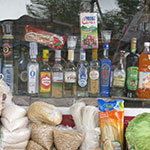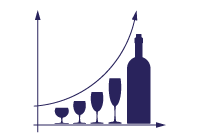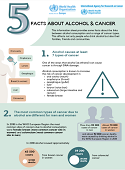Alcohol use
The WHO European Region has the highest proportion of drinkers and the highest intake of alcohol in the world. Consumption of alcohol is a preventable risk factor that can cause premature death and over 200 diseases including seven types of cancer, neuropsychiatric disorders, cardiovascular diseases, cirrhosis of the liver and several infectious diseases. Across the WHO European Region, alcohol causes almost 1 million deaths annually, contributing significantly to unintentional and intentional injuries. The damaging impact of alcohol starts early in the life course. Prenatal alcohol exposure can lead to fetal alcohol spectrum disorders (FASD), an umbrella term for a range of birth defects which include physical, mental, behavioural and/or learning disabilities with possible lifelong implication and which unlike many other disabilities are 100% preventable. In addition, alcohol is responsible for 1 in every 4th death in the age group of 20–24-year-olds affecting not only demographic trends but being also a leading cause of working life years lost and hence of losses in economic development and productivity in the WHO European Region.
WHO/Europe's alcohol policy frameworkTop story
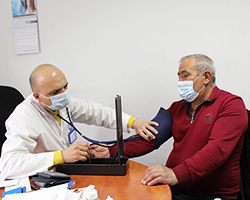 An adapted alcohol screening test will help to fight health harms in the Russian Federation and beyond
An adapted alcohol screening test will help to fight health harms in the Russian Federation and beyond
WHO/Europe has presented a new package of Russian- and English-language materials to help primary health-care workers in many countries of the eastern part of the WHO European Region to identify patients with risky drinking behaviours.
Publications
 Making the European Region Safer: developments in alcohol control policies, 2010–2019 (2021)
More publications
Making the European Region Safer: developments in alcohol control policies, 2010–2019 (2021)
More publications
Alcohol and COVID-19
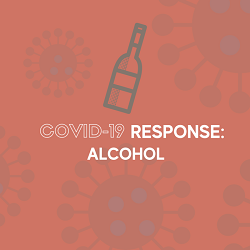
Data and statistics
1 in 5 people
Aged 15 years+ report heavy episodic drinking (5 or more drinks on an occasion, or 60g alcohol) at least once a week.
More data and statistics
